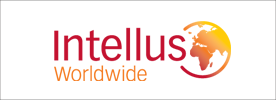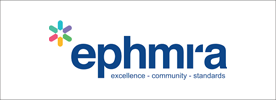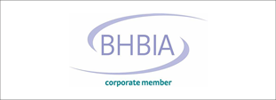Case Study
Oncology: Qual follow-up from quant study
Overview
The objective of this project was to showcase M3 Global Research’s capability to conduct qualitative follow-ups from internally hosted quantitative projects. The client sought to evaluate the feasibility of larger sample sizes for qualitative follow-ups from quantitative studies and to demonstrate M3’s ability to efficiently transition respondents from one methodology to another while maintaining data integrity and compliance.
By leveraging M3’s integrated panel capabilities, the project successfully conducted 12 qualitative follow-ups per country, ensuring robust insights that informed strategic decision-making for the client.
Challenges
One of the main challenges faced during the project was that many provider panels do not offer both quantitative and qualitative methodologies. However, M3 Global Research has the advantage of operating both quantitative and qualitative panels, enabling the accommodation of healthy follow-up sample sizes.
Additionally, ensuring that respondents were engaged and available for the qualitative phase was a key consideration. Given the nature of oncology research and the busy schedules of oncologists, careful planning was required to maximise participation.
From the bidding stage, clear communication was needed to set expectations regarding recruitment timelines, consent procedures, and the feasibility of transitioning respondents from quant to qual.
The M3 Global Research Solution
To overcome these challenges and ensure the successful execution of the project, M3 Global Research implemented the following strategies:
Comprehensive compliance and ethical standards: M3 ensured that all recruitment processes adhered to strict regulatory and ethical guidelines. This included obtaining consent for qualitative follow-up during the initial quantitative recruitment phase, which streamlined respondent transition and increased participation rates.
Strategic sampling and local knowledge: M3 leveraged its extensive experience in both quantitative and qualitative research to optimise sampling strategies. Local expertise in each country enabled effective engagement with oncologists, ensuring high participation rates. Consulting from the proposal stage helped align expectations and maximise turnaround.
Proactive communication and planning: M3 worked closely with the client from the outset, identifying a rough timeline for qualitative follow-ups at the beginning of the project. This ensured that respondents could plan ahead for participation, reducing attrition.
Dedicated qualitative team outreach: A specialised qualitative team was assigned to manage outreach, ensuring respondents were effectively transitioned from the quantitative study to the qualitative follow-up. This proactive approach helped maintain engagement and improve completion rates.
Speed of recruitment and time in field management: Given the need for efficiency, M3 managed recruitment timelines effectively, ensuring rapid respondent turnaround without compromising data quality. The time in the field was strategically managed to meet project deadlines.
Over-delivery on sample size: To ensure robust qualitative insights, M3 exceeded expectations by over-delivering on sample size, providing the client with a comprehensive dataset for analysis.
Conclusion
This project successfully demonstrated M3 Global Research’s ability to seamlessly transition respondents from quantitative to qualitative studies, overcoming common challenges associated with follow-up recruitment. By leveraging its integrated panel capabilities, strategic planning, and expert team outreach, M3 not only met but exceeded client expectations, positioning itself as a leader in hybrid methodology research within the oncology space.
Details
- Therapeutic area: Oncology
- Respondents recruited: Oncologists
- Methodology: Qualitative follow-up from quantitative study
- Country: France, Germany, Italy, Spain, Japan
- Type of client: Market research agency (MRA)





